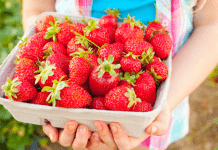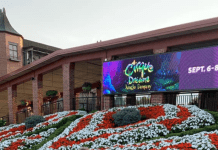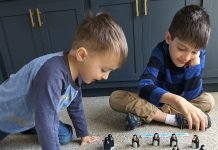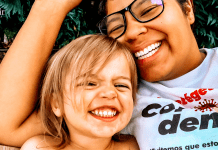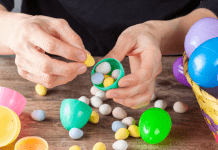In schools, there is this thing called an “I can…” statement. It’s a learning goal written in terms of what students can do when they have completed the learning unit.
It seems to me that many of us are learners when it comes to anti-racism. And when I say “many of us,” I mean white people. White people need to recognize that becoming anti-racist is a lifetime process. We aren’t there yet. We need to learn more and do more and be more. We can do better.
So here’s what I’ve come up as my learning targets. I’ve been trying to do some of these for a long time and others are new to me. They are things I can do in my cul-de-sac, in my community, in my school, and in my church.
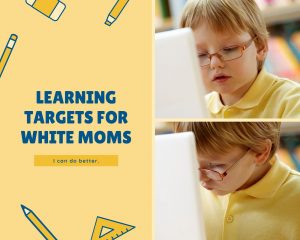
I can listen.
I can listen to experiences that are different from mine. I can ask questions and pay attention and listen without minimizing or diminishing or excusing. I can value other experiences as much as my own. I can seek out folks who are different than me and strive to really hear to their stories.
I can be uncomfortable.
Doing the work to become an effective ally is sometimes—a lot of times—uncomfortable. Today, I took part in a wonderful webinar presented by school counselors of color with ideas especially for how I can do my job better. A lively discussion developed in the chat space about Black Lives Matter. I was super uncomfortable and embarrassed for the (probably) white person who was asking the questions. But because someone said that uncomfortable thing, I learned new ways to respond when I hear “All Lives Matter.” I was uncomfortable, and it was okay.
I can use my privilege and power for change.
It’s not enough to simply recognize my privilege. I need to leverage it to make a difference for those who are marginalized and unheard. I can share my power with those who have traditionally been powerless. I’m not exactly sure what this looks like. I’m still learning here especially.
I can say something.
“Missouri Nice” is not as famous as “Minnesota Nice,” but it’s a real thing. Lots of us midwestern folks avoid conflict when we can, even when we shouldn’t. I can say something when I hear jokes about female people or Black people or gay people. I can speak up when someone makes a generalization about a whole group of people. When I don’t say something, I let others believe I agree. Time to start talking.
I can apologize when I make mistakes because I will make mistakes.
The only way to keep from sometimes saying the wrong thing is to say nothing. And not saying anything isn’t an option. (See above) This one is especially challenging for me. Not the apologizing part—I completely get the value of humility and remorse in relationships. I’m not always brave enough to say something when I’m worried that I might cause offense. I can be braver, knowing that I’ll mess up and will need to make amends.
I can be a witness.
When I see a situation that has the potential to be tense or dangerous, I can stop and pay attention. We have seen over and over again this week that protestors were treated differently when the cameras were recording. This phenomenon is so common it has a name: The Hawthorne Effect. People behave differently when they know they are being watched. I can watch. I can make my presence known.
I can model this work for my kids.
I want my kids—the ones who live at my house and the ones who go to my school—to see that I am learning and making mistakes and growing.
I can ask for help.
Now this one is a little tricky. I need to do the work on my own. I am responsible for my own learning, and I know how to read and listen. I think it’s OK, though, to ask for help if I get stuck. I can be vulnerable enough to share my struggle. When asking for help, it’s also on me to be thoughtful about who to ask and to make it clear that I’m not looking for someone else to do the work for me.
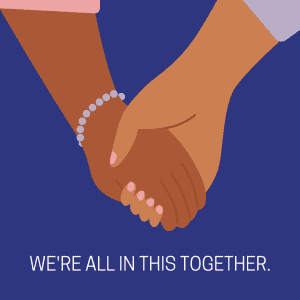 In schools, some of the learning targets are prioritized over others. Yes, they are all important, but some are so critical that they deserve extra attention. The work of justice and reconciliation is critically important.
In schools, some of the learning targets are prioritized over others. Yes, they are all important, but some are so critical that they deserve extra attention. The work of justice and reconciliation is critically important.
I can do better.




